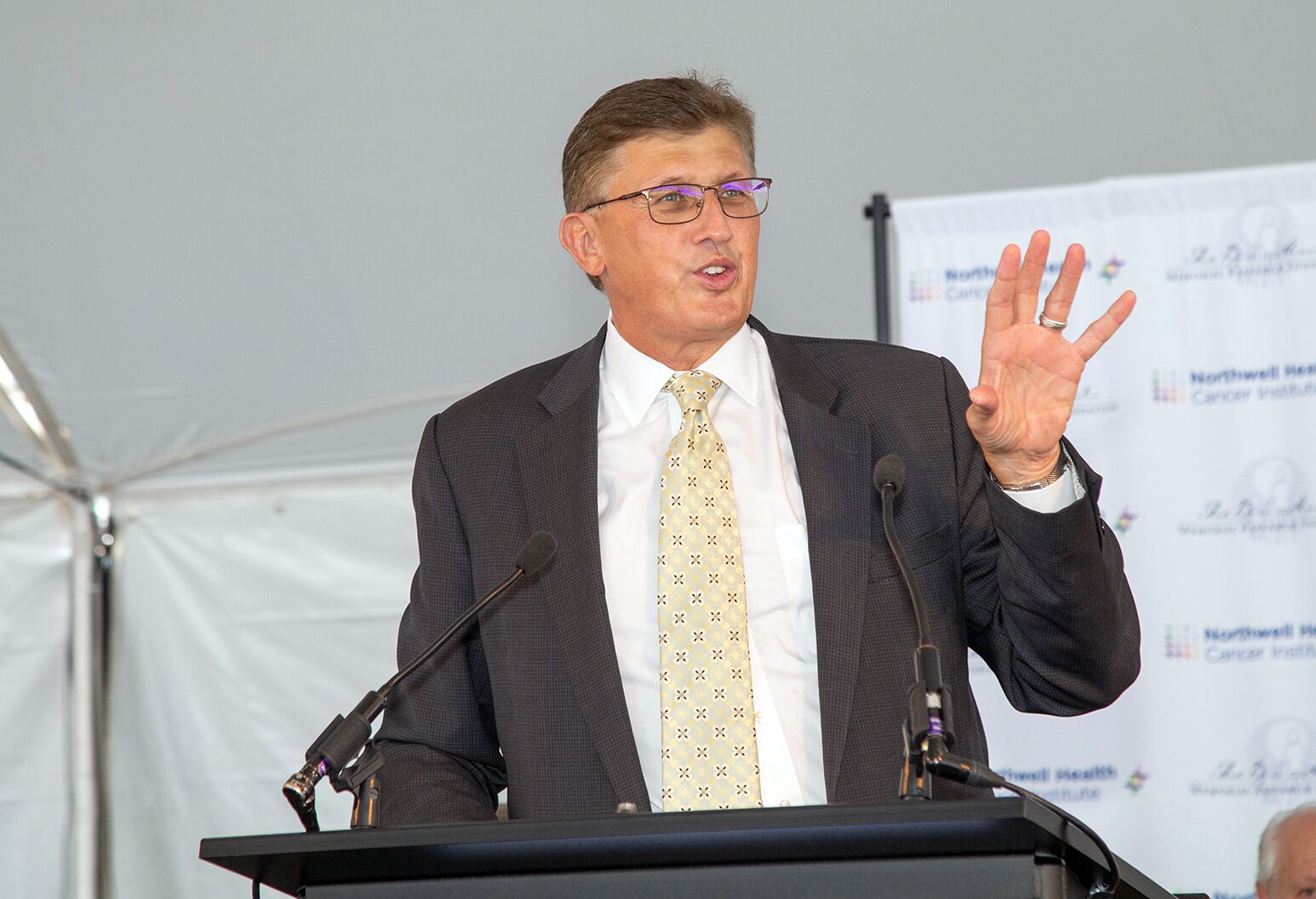Our representatives are available to schedule your appointment Monday through Friday from 9am to 5pm.
For a Northwell ambulance, call
(833) 259-2367.

Five years after the Obama administration launched the $1.8 billion Cancer Moonshot initiative, it’s good to look back and acknowledge the progress we’ve made in cancer care, and the work that still needs to be done.
The good news: We’ve made inroads in lowering cancer cases and mortality rates have dropped. The long-range goal is to cut the cancer death rate in half and properly provide for people and their families who have survived cancer. At Northwell, we’ve invested heavily in survivorship programs, because a person’s post-cancer care is key to keeping them healthy.
But the United States still deals with racial and ethnic disparities in all sorts of care, including cancer. This is an issue that oncologists are keenly aware of in areas such as Queens.
In large part, the disparities occur because of inadequate access to quality care, including routine cancer screenings like colonoscopies and mammograms.
There’s also inequity in clinical trials, where some ethnic groups aren’t properly reflected. That’s an issue Northwell is helping change through our Queens Medical Associates group, which works in concert with the R.J. Zuckerberg Cancer Hospital at Long Island Jewish Medical Center to deliver the highest level of care to patients.
Queens is the most diverse county in the United States, and through translation services and education, we plan to bring more patients into clinical trials, and we plan to do it locally, because patients properly demand that they receive care close to home.
Our work begins with outreach bringing underserved populations to participate in cancer prevention programs, which will lead to early detection. That, in turn, will lead to better outcomes.
Providers like Northwell have been aggressive in publicizing the importance of preventive care like mammograms and colonoscopies at houses of worship, community centers and through public events and awareness campaigns.
We must work tirelessly to engage and connect with our neighbors who would otherwise be out of reach. It’s through education that the lack of awareness of clinical trials, along with communication issues and mistrust, will fade away.
As we’ve learned, so much of cancer care is tied to genetics, and without the proper trials, our outcomes will reflect the inequities we see in care. Surgeries, drugs and radiation treatments that generally work well for one racial group might fail for others.
The moonshot initiative, which President Biden reignited earlier this year, accurately points out that there are stark inequities in access and results.
Together, we will eliminate those disparities.
Richard Barakat, MD, is physician-in-chief and director of the Northwell Health Cancer Institute.
This op-ed originally appeared in the Queens Chronicle.
Our representatives are available to schedule your appointment Monday through Friday from 9am to 5pm.
For a Northwell ambulance, call
(833) 259-2367.